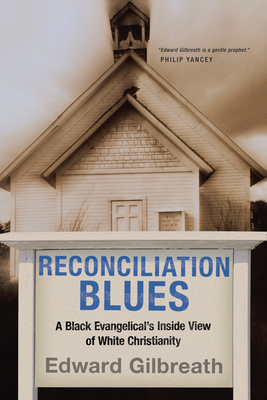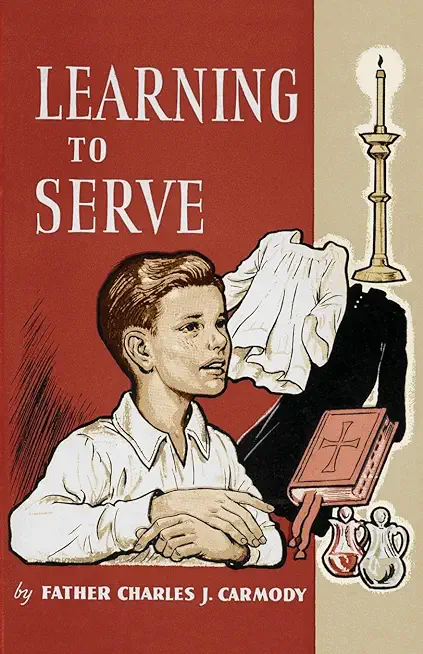
description
ve proposes and illustrates an activity of philosophical ethics whose purpose is to engender the love of wisdom and thus the love of virtue, and so to refine the moral character of its practitioners. Avoiding philosophical jargon and making rich use of examples, Robert C. Roberts draws on ancient Greek philosophy, especially Aristotle, both to understand the virtues and to compare Christian virtues with virtues based in a different outlook. Roberts argues that from a biblical-philosophical perspective "the good" is two-sided: (1) it is that order of peace that is called shalom, the kingdom of God, or eternal life; and (2) it is the battery of character traits that equip human beings to participate in and enjoy that order of peace.
member goods
No member items were found under this heading.
listens & views

CALHOUN KIDS FOR KIDS PLUS ...
by CALHOUN KIDS FOR KIDS PLUS GUEST ARTISTS / VARIOUS
COMPACT DISCout of stock
$13.75
Return Policy
All sales are final
Shipping
No special shipping considerations available.
Shipping fees determined at checkout.






